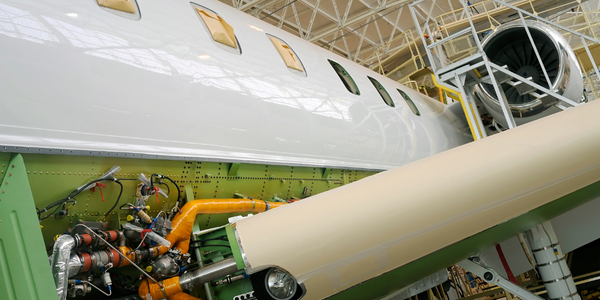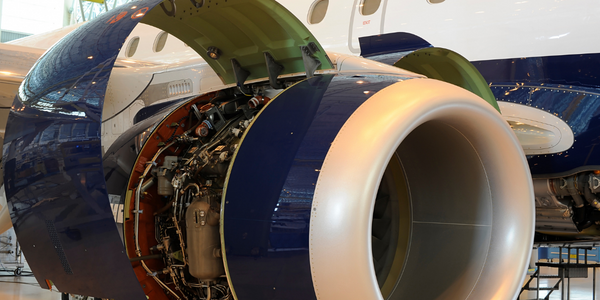下载PDF
e-Travel's Battle Against Web Scraping: A Case Study
技术
- 分析与建模 - 机器人过程自动化 (RPA)
适用行业
- 航天
- 电子商务
用例
- 对话机器人
- 库存管理
挑战
e-Travel 是一家领先的电子商务旅游专家,面临着网络抓取机器人的重大挑战。这些机器人由旅游业的竞争对手和新进入者部署,窃取 e-Travel 的数据,包括定价信息,并将其出售给其他竞争对手或拍卖。这次数据盗窃不仅损害了 e-Travel 数据的完整性,还给其团队和技术资源带来了压力。机器人如此频繁地抓取网站,以至于影响了公司的服务质量。该公司必须部署额外的资源来满足机器人需求,事实证明这是昂贵的。此外,机器人还扭曲了公司的浏览量与预订量比率,并抬高了广告和 GDS 拉动成本。该公司自行开发的解决方案“Bot Hammer”无法跟上机器人的步伐,机器人问题仍然存在。 2017 年,该公司还面临一些拒绝服务攻击,增加了运营挑战。
关于客户
e-Travel 是排名前十的专门提供机票的在线旅行社。它于 2007 年在雅典成立,是希腊最成功的初创公司之一。该公司运营 11 个网站,被翻译成 42 种语言,每年为来自 60 个国家的超过 150 万名游客提供服务。尽管取得了成功,但 e-Travel 仍面临着网络抓取机器人的重大挑战,这些机器人窃取其数据并耗尽其资源。
解决方案
e-Travel 求助于 Imperva Bot Management 来解决其机器人问题。 Imperva Bot Management 是一种专业解决方案,对 e-Travel 很有吸引力,因为它利用了众多客户的集体经验。该解决方案与 e-Travel 现有的 ELK 堆栈(Elasticsearch、Logstash 和 Kibana)、作为负载均衡器的 HAProxy 以及 AWS 集成。集成顺利而快速,e-Travel 发现这是其经历过的最快的集成之一。 Imperva Bot Management 帮助 e-Travel 阻止欺诈性点击,从而节省资金。 Imperva 团队与 e-Travel 密切合作,向高层管理人员传达解决方案的投资回报率。该公司还对 Imperva 的客户支持表示赞赏,他们的客户支持反应灵敏且知识渊博。
运营影响
数量效益
相关案例.

Case Study
Airbus Soars with Wearable Technology
Building an Airbus aircraft involves complex manufacturing processes consisting of thousands of moving parts. Speed and accuracy are critical to business and competitive advantage. Improvements in both would have high impact on Airbus’ bottom line. Airbus wanted to help operators reduce the complexity of assembling cabin seats and decrease the time required to complete this task.

Case Study
Aircraft Predictive Maintenance and Workflow Optimization
First, aircraft manufacturer have trouble monitoring the health of aircraft systems with health prognostics and deliver predictive maintenance insights. Second, aircraft manufacturer wants a solution that can provide an in-context advisory and align job assignments to match technician experience and expertise.

Case Study
Aerospace & Defense Case Study Airbus
For the development of its new wide-body aircraft, Airbus needed to ensure quality and consistency across all internal and external stakeholders. Airbus had many challenges including a very aggressive development schedule and the need to ramp up production quickly to satisfy their delivery commitments. The lack of communication extended design time and introduced errors that drove up costs.

Case Study
Developing Smart Tools for the Airbus Factory
Manufacturing and assembly of aircraft, which involves tens of thousands of steps that must be followed by the operators, and a single mistake in the process could cost hundreds of thousands of dollars to fix, makes the room for error very small.

Case Study
Accelerate Production for Spirit AeroSystems
The manufacture and assembly of massive fuselage assemblies and other large structures generates a river of data. In fact, the bill of materials for a single fuselage alone can be millions of rows of data. In-house production processes and testing, as well as other manufacturers and customers created data flows that overwhelmed previous processes and information systems. Spirit’s customer base had grown substantially since their 2005 divestiture from Boeing, resulting in a $41 billion backlog of orders to fill. To address this backlog, meet increased customer demands and minimize additional capital investment, the company needed a way to improve throughput in the existing operational footprint. Spirit had a requirement from customers to increase fuselage production by 30%. To accomplish this goal, Spirit needed real-time information on its value chain and workflow. However, the two terabytes of data being pulled from their SAP ECC was unmanageable and overloaded their business warehouse. It had become time-consuming and difficult to pull aggregate data, disaggregate it for the needed information and then reassemble to create a report. During the 6-8 hours it took to build a report, another work shift (they run three per day) would have already taken place, thus the report content was out-of-date before it was ever delivered. As a result, supervisors often had to rely on manual efforts to provide charts, reports and analysis.






